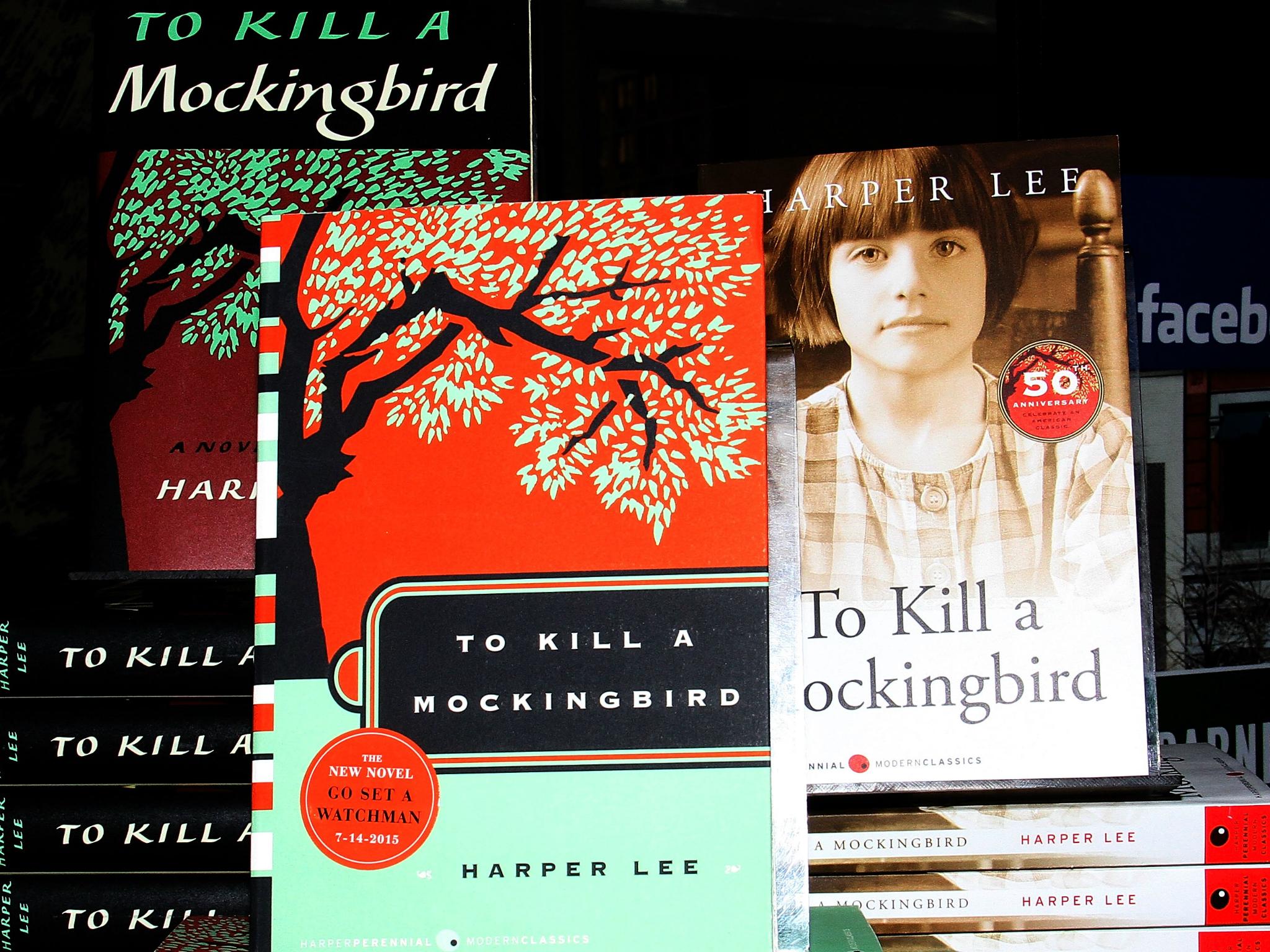Minnesota school district removes To Kill a Mockingbird and Adventures of Huckleberry Finn over use of racial slurs
The books will still be available in school libraries for interested students

Your support helps us to tell the story
From reproductive rights to climate change to Big Tech, The Independent is on the ground when the story is developing. Whether it's investigating the financials of Elon Musk's pro-Trump PAC or producing our latest documentary, 'The A Word', which shines a light on the American women fighting for reproductive rights, we know how important it is to parse out the facts from the messaging.
At such a critical moment in US history, we need reporters on the ground. Your donation allows us to keep sending journalists to speak to both sides of the story.
The Independent is trusted by Americans across the entire political spectrum. And unlike many other quality news outlets, we choose not to lock Americans out of our reporting and analysis with paywalls. We believe quality journalism should be available to everyone, paid for by those who can afford it.
Your support makes all the difference.Schools in Duluth, Minnesota, have banned To Kill a Mockingbird and The Adventures of Huckleberry Finn over the books’ use of racial slurs.
The Harper Lee and Mark Twain books are classics of American literature and contain numerous references to the n-word, so will no longer be required reading the district’s high school English classes.
“Conversations about race are an important topic, and we want to make sure we address those conversations in a way that works well for all of our students,” Michael Cary, the director of curriculum, told the Star Tribune newspaper.
Mr Cary told the Duluth News Tribune teachers could still impart the same lessons through other novels “that didn't require students to feel humiliated or marginalized by the use of racial slurs.”
Virginia, Mississippi, and Pennsylvania, have implemented similar measures.
The books are still available in Duluth school libraries, however, for students interested in reading them.
"It's wrong. There are a lot more authors out there with better literature that can do the same thing that does not degrade our people. I'm glad that they're making the decision and it's long overdue, like 20 years overdue," said President of the local NAACP chapter Stephan Witherspoon.
The Pulitzer Prize-winning To Kill a Mockingbird, about rape and inequality in pre-Civil Rights movement Alabama, has been debated since its publication in 1960.
Mr Twain’s Huckleberry Finn, published in 1885, is a satire on racism in the American South in the decade after the bloody Civil War.
Both books have been put on the American Library Association’s list of 100 books that are most frequently challenged.
Ms Lee had argued that the book was simply an honest reflection of the society and the time.
The National Coalition Against Censorship has asked the Duluth school district to reconsider its decision.
In a statement, it said: “While it is understandable that a novel that repeatedly uses a highly offensive racial slur would generate discomfort among some parents and students, the problems of living in a society where racial tensions persist will not be resolved by banishing literary classics from the classroom.”
Join our commenting forum
Join thought-provoking conversations, follow other Independent readers and see their replies
Comments